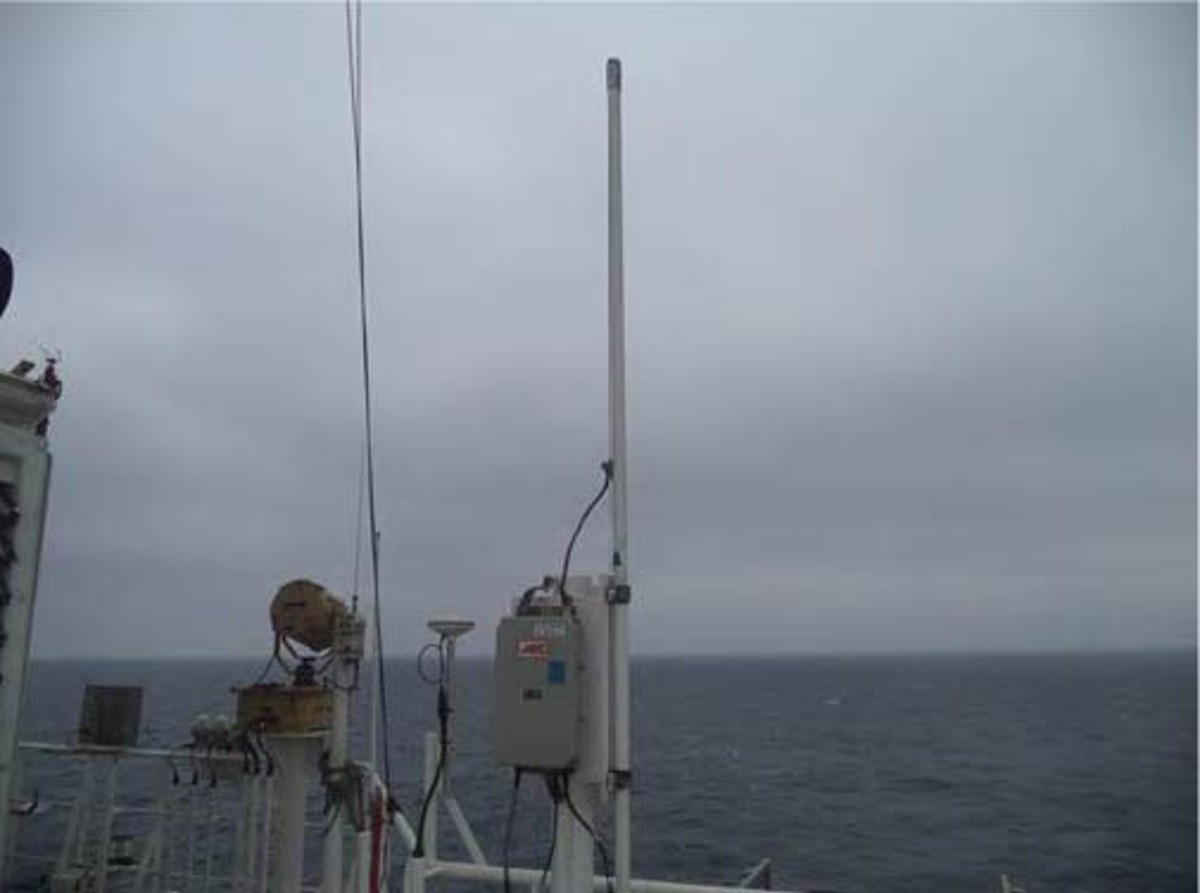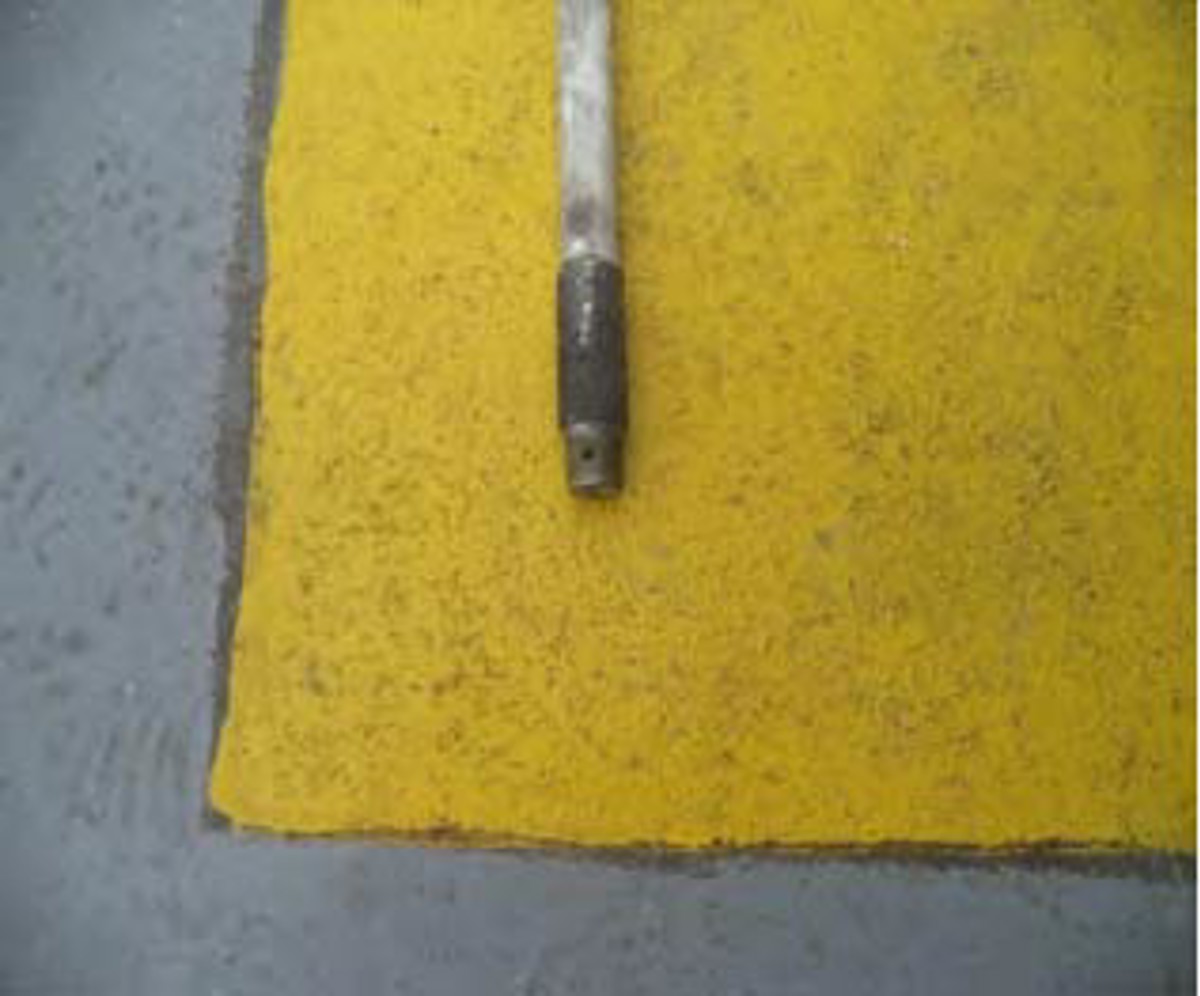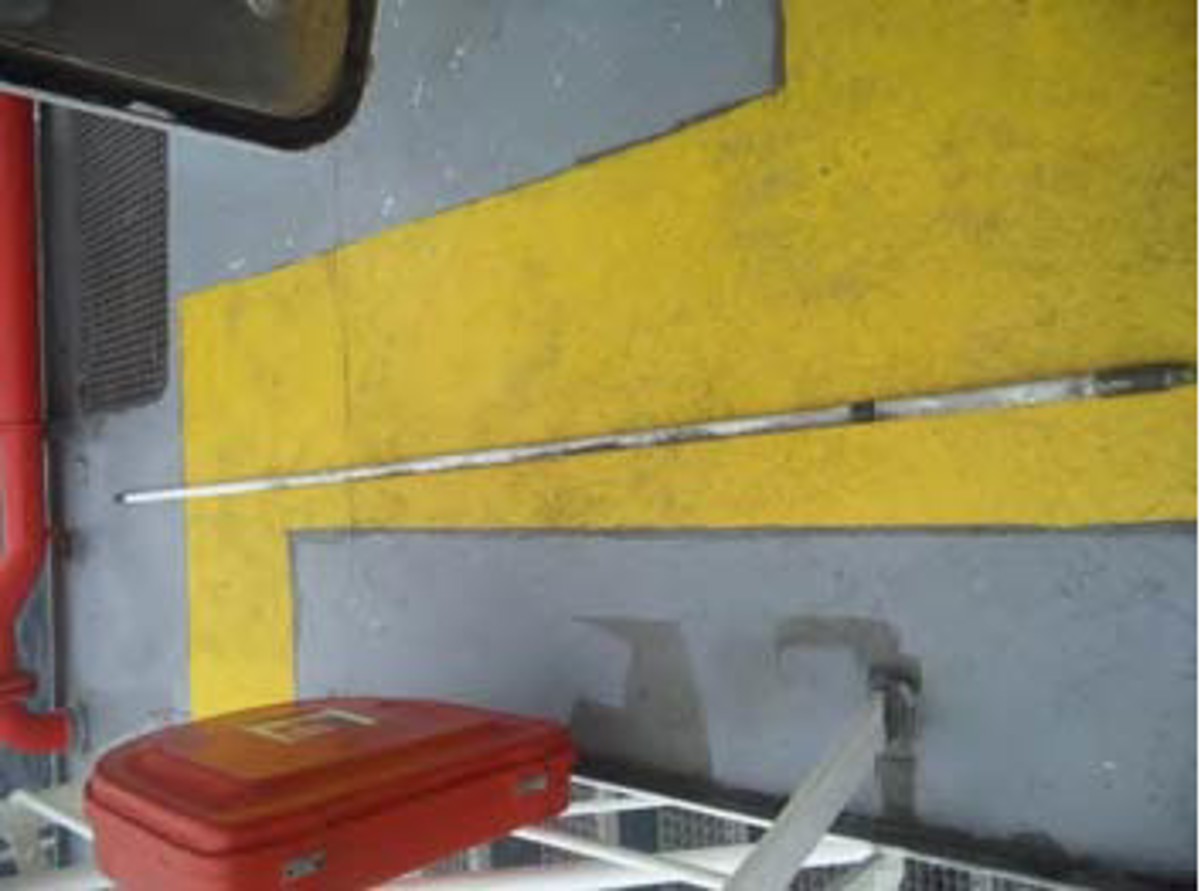Dropped object near-miss: Antenna parts worked loose and fell to deck
- Safety Flash
- Published on 16 July 2015
- Generated on 2 March 2026
- IMCA SF 10/15
- 2 minute read
Jump to:
A Member has reported a near miss incident in which part of a single side band (SSB) antenna fell off the mast to deck during bad weather.
What happened?
The antenna had three parts which were threaded and screwed together. The first part of the antenna was not fully screwed into the second part. In high winds, the antenna was waving back and forth in the wind which caused it to loosen and become detached. There were no injuries.
Our Member notes that this incident could have had a much more serious outcome had one of the base plates dropped from a height.
Our member took the following actions:
- Damaged antenna was removed from above bridge and replaced with new one.
- Ensured correct practices were used for securing all navigation/communication equipment at height and/or on masts.
- Thorough check of all existing equipment above bridge or at height and/or on masts, most especially after installation or maintenance by a third party.
- Crew ‘time out for safety’ carried out emphasizing hazards and risks of working at height and/or on masts, particularly the area above the vessel bridge (sometimes called the monkey island).
The following lessons were learnt:
- Continual vigilance is called for where there is even the potential for loose objects to fall from height.
- Visual inspections should be thorough and careful.
- Equipment at height that is exposed to the elements (for example on masts and on the monkey island above the bridge) should be regularly checked to ensure there is nothing working loose or any loose objects which may fall in bad weather conditions.
Members should refer to the following IMCA safety promotional material intended for use by vessel crews:
Related Safety Flashes
-
IMCA SF 06/13
3 May 2013
-
IMCA SF 04/10
14 July 2010
IMCA Safety Flashes summarise key safety matters and incidents, allowing lessons to be more easily learnt for the benefit of the entire offshore industry.
The effectiveness of the IMCA Safety Flash system depends on the industry sharing information and so avoiding repeat incidents. Incidents are classified according to IOGP's Life Saving Rules.
All information is anonymised or sanitised, as appropriate, and warnings for graphic content included where possible.
IMCA makes every effort to ensure both the accuracy and reliability of the information shared, but is not be liable for any guidance and/or recommendation and/or statement herein contained.
The information contained in this document does not fulfil or replace any individual's or Member's legal, regulatory or other duties or obligations in respect of their operations. Individuals and Members remain solely responsible for the safe, lawful and proper conduct of their operations.
Share your safety incidents with IMCA online. Sign-up to receive Safety Flashes straight to your email.


